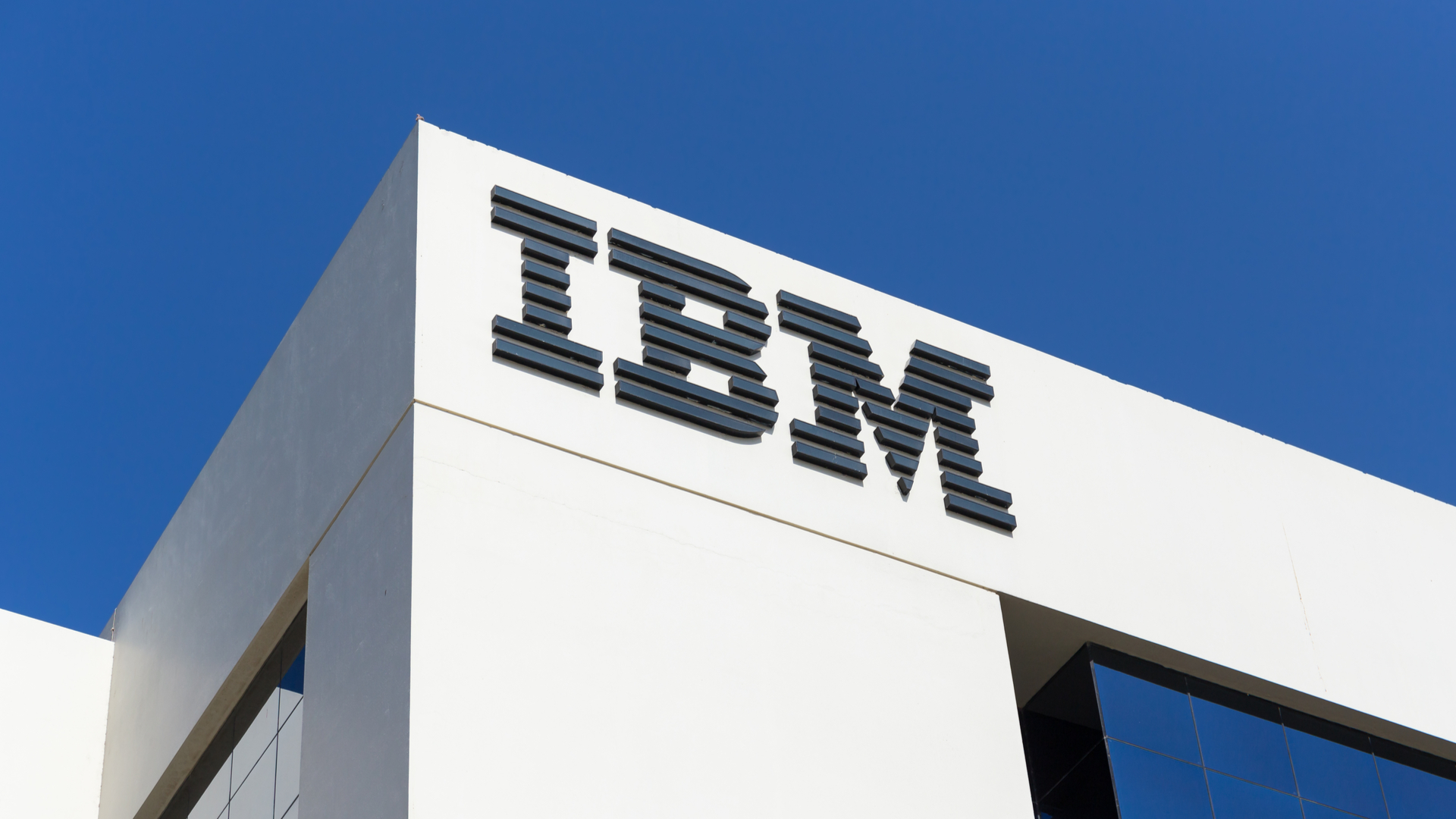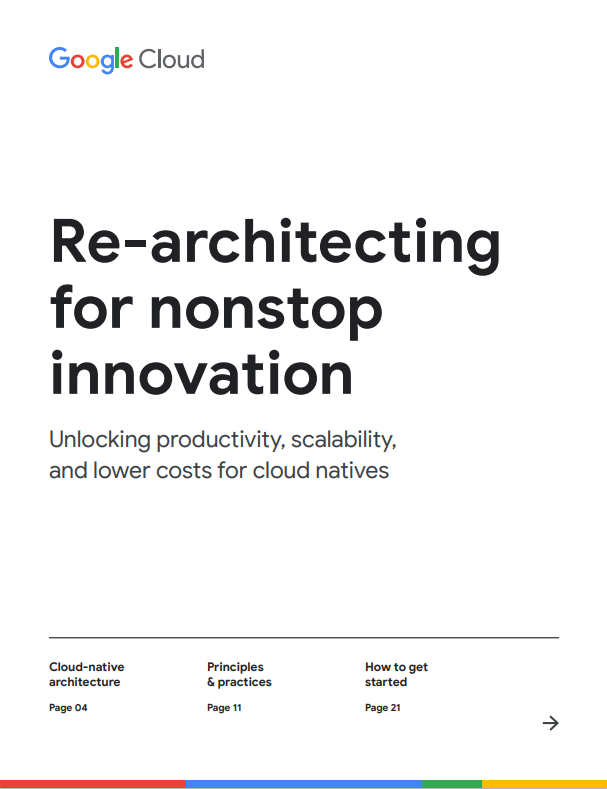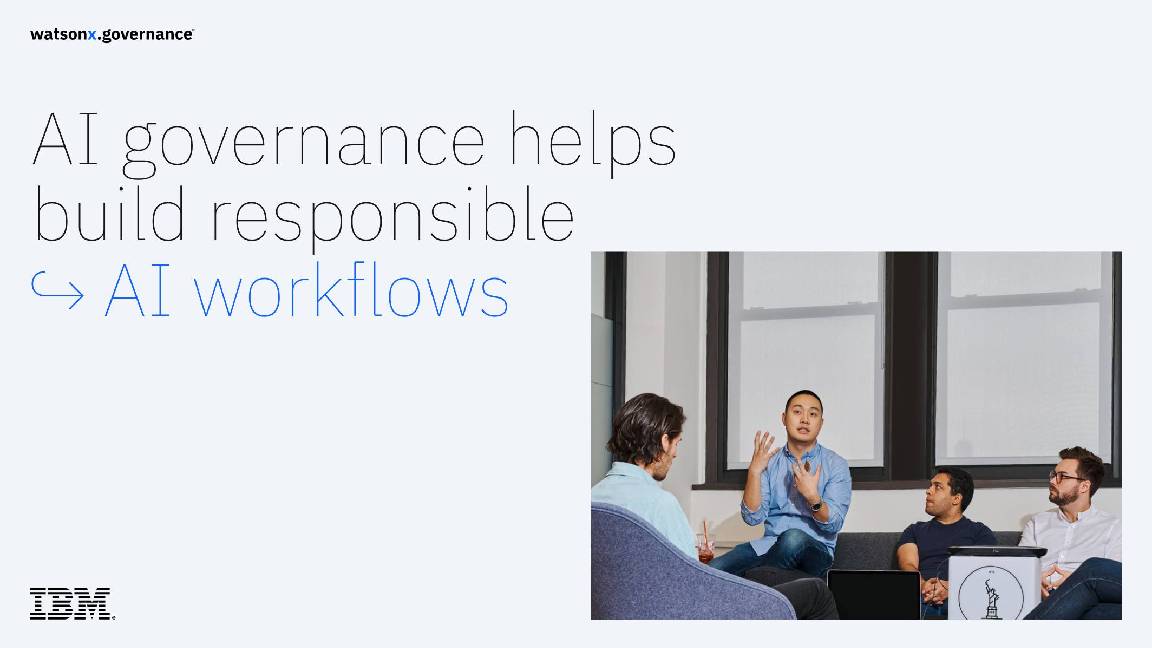IBM launches its 'most powerful' quantum processor
The architecture underpinning the 127-qubit Eagle chip will help the company develop its landmark 1,000+ qubit processor by 2023


IBM has unveiled its latest and most powerful quantum computing chip to date, the 127-qubit Eagle processor.
Announcing the new piece of hardware at IBM Quantum Summit, it's the first quantum chip developed by the company that surpasses 100 qubits.
Eagle is built using a new 3D packaging architecture developed by IBM which it says can support the development of future, more advanced quantum processors up to and including its proposed 1,126-qubit Condor chip, due for release in 2023.
The architecture is based on a heavy-hexagonal qubit layout - a setup that sees a qubit connecting to two or three neighbours. This configuration decreases the potential for errors caused by interacting neighbours and provides significant boosts in yielding functional processors, IBM said.
The architecture also places the qubits on a single layer while other components sit on different levels in a 'stacked' formation.
The processor will be available to select members of the IBM Quantum Network starting in December.
The IBM Quantum Network is a collection of Fortune 500 companies, academic institutions, startups, and national research labs that work with IBM to advance the field of quantum computing.
Get the ITPro daily newsletter
Sign up today and you will receive a free copy of our Future Focus 2025 report - the leading guidance on AI, cybersecurity and other IT challenges as per 700+ senior executives
RELATED RESOURCE

Re-architecting for nonstop innovation
Unlocking productivity, scalability, and lower costs for cloud natives
As part of IBM Quantum's roadmap, Condor will mark a significant step in hardware advancements but further development depends on whether commercial dilution refrigerators can rise to the task of cooling such large, complex devices.
That said, the second announcement IBM made at its Quantum Summit may help towards that goal. The IBM Quantum System Two is designed to work with processors exceeding 1,000 qubits and will feature a more modular design with an overhauled cryogenic platform to optimise cooling performance.
IBM is on track to launch the system by 2023 which will help increase the scale of its chips.
The quantum computing capabilities of Eagle far exceed those of classical computers, Arvind Krishna, CEO at IBM, told HBO.
Classical computers encode information into bits represented as either a 1 or 0, while quantum computers encode information using a quantum superposition of a 1 and 0. This means information can be seen as representing a 1 or 0 - not both at the same time - a superposition is broken down to reveal a probability of revealing a 1 or 0.
The method of encoding allows quantum computers to process more complex tasks. Classical computers will work through problems in an order but quantum computers will approach problems differently, modelling all potential workloads and workstreams at once to generate answers much quicker.
It makes quantum computing ideal for working through large data sets and for tasks such as cracking cryptographic keys, for example.

Connor Jones has been at the forefront of global cyber security news coverage for the past few years, breaking developments on major stories such as LockBit’s ransomware attack on Royal Mail International, and many others. He has also made sporadic appearances on the ITPro Podcast discussing topics from home desk setups all the way to hacking systems using prosthetic limbs. He has a master’s degree in Magazine Journalism from the University of Sheffield, and has previously written for the likes of Red Bull Esports and UNILAD tech during his career that started in 2015.
-
 Bigger salaries, more burnout: Is the CISO role in crisis?
Bigger salaries, more burnout: Is the CISO role in crisis?In-depth CISOs are more stressed than ever before – but why is this and what can be done?
By Kate O'Flaherty Published
-
 Cheap cyber crime kits can be bought on the dark web for less than $25
Cheap cyber crime kits can be bought on the dark web for less than $25News Research from NordVPN shows phishing kits are now widely available on the dark web and via messaging apps like Telegram, and are often selling for less than $25.
By Emma Woollacott Published
-
 Put AI to work for IT operations
Put AI to work for IT operationswhitepaper Reduce the cost and complexity of managing hybrid applications
By ITPro Published
-
 AI in the retail industry is spreading beyond the IT department
AI in the retail industry is spreading beyond the IT departmentNews AI has become a strategic imperative for retailers, delivering marked productivity gains
By Emma Woollacott Published
-
 Maximizing contact center operations with generative AI assistants backed by responsible AI principles
Maximizing contact center operations with generative AI assistants backed by responsible AI principleswhitepaper Reduce the cost and complexity of managing hybrid applications
By ITPro Published
-
 IBM just launched powerful new open source AI models – here’s what you need to know
IBM just launched powerful new open source AI models – here’s what you need to knowNews Available under the Apache 2.0 license, IBM's Granite 3.0 models are trained on enterprise data and can out-perform the competition
By Emma Woollacott Published
-
 Achieving business outcomes with generative AI
Achieving business outcomes with generative AIWebinar Take your hybrid cloud journey to the next level with generative AI
By ITPro Published
-
 Wimbledon’s new Catch Me Up AI feature promises to keep fans up to date at the tournament – after it irons out some of the wrinkles
Wimbledon’s new Catch Me Up AI feature promises to keep fans up to date at the tournament – after it irons out some of the wrinklesNews The latest feature to come out of IBM’s partnership with Wimbledon will keep fans engaged from the early stages right through to the final with dynamic player insights
By Solomon Klappholz Published
-
 AI demands new ways of data management
AI demands new ways of data managementwhitepaper The data leader’s guide for how to leverage the right databases for applications, analytics and generative AI
By ITPro Last updated
-
 AI governance for responsible transparent and explainable AI workflows
AI governance for responsible transparent and explainable AI workflowswhitepaper Build greater trust in your AI
By ITPro Published